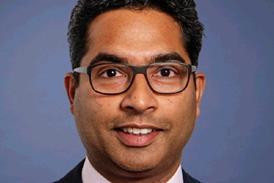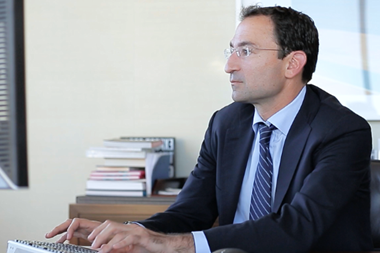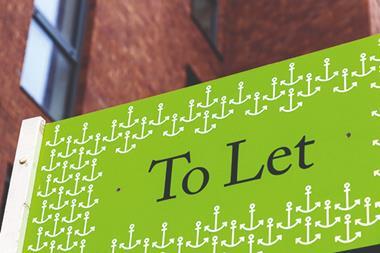Pulitzer Prize-winning novel Trust, by Herman Diaz, concerns two lives and the way they were lived – or the way they were lived according to accounts written by people (themselves artificial literary creations) with personal axes to grind.

The key question it raises is: who do you trust? Particularly in the UK, as we enter that long pre-election period during which speculation, claim and counterclaim bore the public rigid. Recent decisions about HS2, planning ‘liberalisation’ and probably mendacious claims from all the main parties about housing delivery bring this question of trust into shady perspective. Do we trust politicians when they may not even trust themselves?
In narratives about new planning, housing and delivery policies, what weight do you give to the accounts of their proponents? To what extent do you trust/distrust their stories, perhaps because of your own experience, either of the building, its type or of the constituent players?
When it comes to construction projects, the extent to which trust is or is not justified may be tested in court because of a falling out between the multiple parties involved, at least where individual projects are concerned. At what point did the trust inherent in any decent collaborative project vanish? Because of technical failures, or cost overruns? Or is it an attempt to recover money from anyone with an insurance policy?
At the start of a project, even those that end in tears, it’s safe to assume the parties were prepared not only to work together, but to believe they could achieve their mutual objectives. The question is whether that belief was justified – that is to say, on what basis could a notion of ‘trusted relationship’ be extended to the parties involved?
Even if clients believe they have such a relationship with their various consultants, contractors and subcontractors, how do they know that similar relationships exist between the other parties? The multiplicity of relationships between corporate entities is complex enough, but add to that the relationships between the individuals involved and you have a Sargasso Sea of potential disagreement and conflict.
Attempts to avoid the potential for tension led to the generation of multidisciplinary working as an approach, as adopted (in the UK) by firms such as Arup and Building Design Partnership and (in Japan) by Nikken Sekkei and big construction companies with their own architect departments.
Whatever the advantages may be, these ways of working have not become universal. And it is not immediately apparent why large organisations are more trustworthy than small ones, or that corporate relationships are more significant than those of the individuals who design, cost, engineer, programme and deliver the project. In the end, the question of trust in construction projects comes down to personal relationships. It is not like buying medical insurance or a newspaper from a company; more like whether you trust the doctor or the reporter.
Real trust, not lip service
Trusted relationships, if the phrase is more than lip service, can be expressed in the way projects are run and insured. For example, when Terminal 5 at Heathrow was procured, the client bought project insurance covering all the parties concerned with the design.
The deal was simple: if any of the parties found they had made a mistake, or were alerted to one, they would immediately tell the entire team and take responsibility for rectifying the error. This avoided legal disputes, compensation and delay, instead prioritising the importance of delivering the project on time and budget. A ‘pot’ of bonus money was available for the team at the end of the project; the only penalty for offending team members was to lose some, or all, of their share of the bonus. The philosophy was that we all make mistakes, but to sort out mistakes rather than keep quiet in a lawyer-protected silo.
Trust, they say, is hard to earn but easy to lose. Lawyers are people you need to trust, but in relation to UK construction, they do their best to drive out any idea of trust in favour of an aggressive approach to client/consultant relationships.
The sad situation involves lawyers writing contracts for architects where they are obliged, if they wish to win the commission, to take responsibility for the designs of other consultants with whom they have no contractual relationship. If they make a mistake, it is the architect who carries the can.
It is an offer architects often feel unable to refuse, but do the lawyers relish their Mafia-style behaviour?
Paul Finch is programme director of the World Architecture Festival































No comments yet